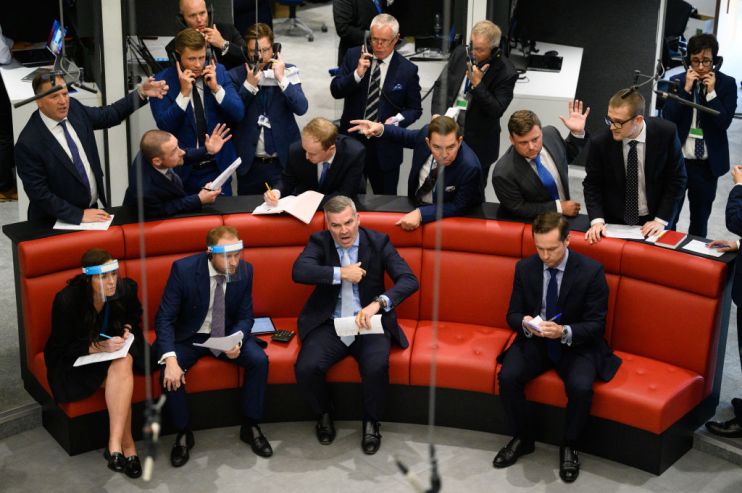London Metal Exchange says it has no plans to shut out Russian metals

The London Metal Exchange said it has no plans to block the trading of Russian metals on its system today despite growing pressure from some of its members to clampdown.
The exchange currently trades metals from firms including Norilsk Nickel and Rusal, but the LME’s Copper Committee last week voted for the exchange to ban new deliveries of Russian copper into the LME system, according to sources cited by Reuters.
The exchange said today however it “does not currently plan to take independent action outside of the scope of sanctions – for example, by placing restrictions on the circulation of metal produced in Russia within the LME system,
“Our priority is to maintain an orderly market for the benefit of all market participants, and we will, therefore, keep this decision under constant review and ensure we maintain a dialogue with governments as the situation evolves.”
Russia produces around 10 per cent of the world’s nickel and six per cent of aluminium, but the metals have not been included within the current raft of Western sanctions slapped on the country following its invasion of Ukraine.
Sources have warned that banning the metals may be unlawful if no sanctions against producers are put in place.
“They would be sued if they tried to do this without sanctions on Russian metal producers,” a source on the copper committee said.
“The copper committee is an advisory committee, we can only suggest what the LME should do.”
Calls for the ban come after a torrid few weeks for the exchange in which it was forced to suspend trading of Nickel for a week after prices surged above $100,000 a tonne.
Prices spiked when one of the world’s biggest nickel producers Tsingshan Holdings bought up the metal in huge volumes to cover its short bets that the price would plunge.
The LME then took the controversial decision to cancel $3.9bn trades made that day and proceeded to shutter trading for a week.
Price limits were put in place to maintain an orderly market, but it was forced to close again shortly after trading resumed a week later due to a systems glitch that led to the limits failing.